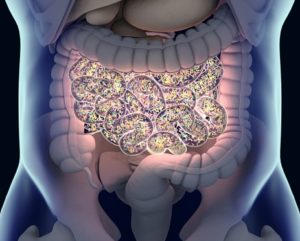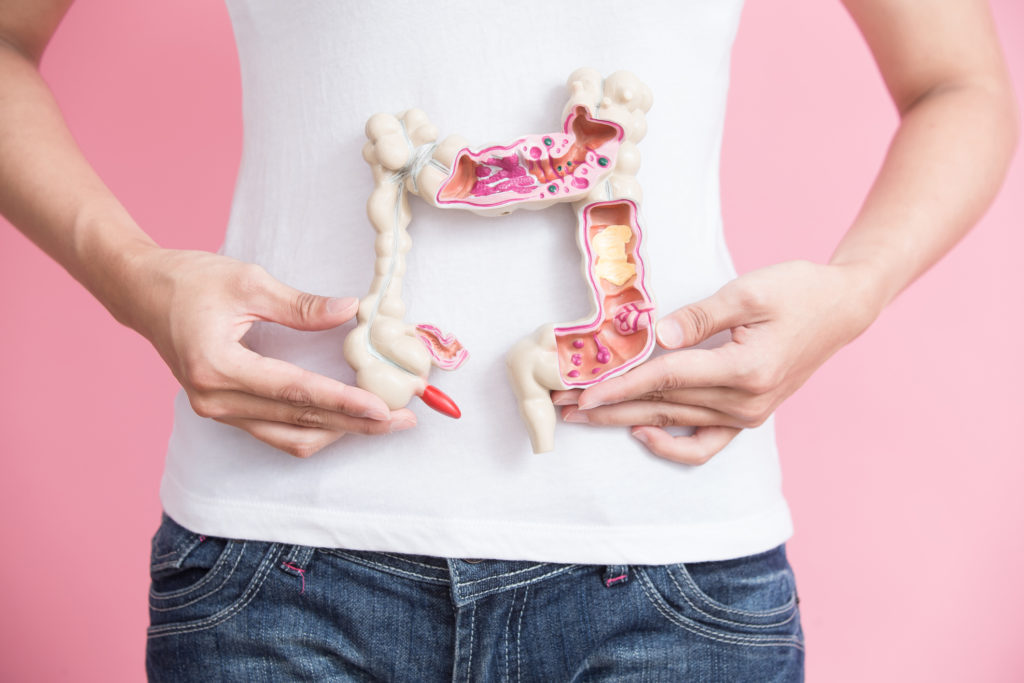A study compared 942 IBS patients of different subtypes (diarrhea, constipation, unclassified) to 942 non-IBS individuals. Results showed reduced bacterial diversity in IBS with diarrhea (IBS-D) and unclassified IBS, with specific bacterial patterns linked to different IBS subtypes. Certain microbial pathways, like hydrogen sulfide production, were increased in IBS-D, while palmitoleate biosynthesis was up in IBS with constipation (IBS-C). The study emphasizes the unique gut microbiota compositions in IBS subtypes and suggests that tailored microbiome treatments could optimize therapy.
Reference: Su Q, Tun HM, Liu Q, et al. Gut microbiome signatures reflect different subtypes of irritable bowel syndrome. Gut Microbes. 2023 Jan-Dec;15(1):2157697. doi: 10.1080/19490976.2022.2157697. PMID: 36573834; PMCID: PMC9809927.









